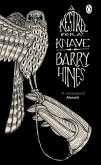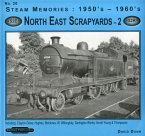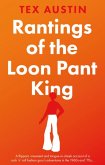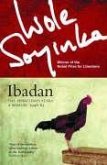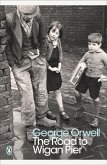'A sympathetic and perceptive account of a fine writer at a critical moment in our cultural life' KEN LOACHOn 27 May 1958, A Taste of Honey opened in a small fringe theatre in London. Written by a nineteen-year-old bus driver's daughter from Salford, the play exposed a deeply polarised society in Britain, sparked press and political outrage and transformed its young author into an unexpected star. Shelagh Delaney's assertive female characters struck an immediate chord with working-class women who dreamed of more than just suburban housewifery, and her work and legacy would go on to inspire future generations of writers, musicians and artists. This is the remarkable story of how a working-class teenager stormed theatreland, exploded old certainties about class, race, sex and taste, and blazed an incendiary new path in British culture. 'A riveting book' DAVID HARE




